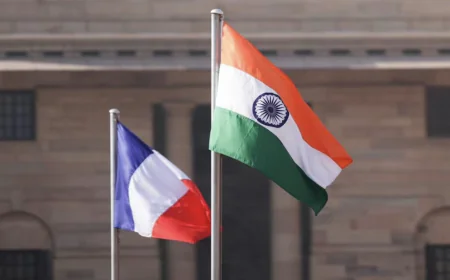CJI B.R. Gavai Emphasizes the Judiciary’s Role in Upholding Democracy and Justice
CJI: Speaking at an event in Bhutan, Chief Justice B.R. Gavai said that the judiciary's greatest asset is public trust. He said that courts are not merely institutions that interpret the law, but also guardians of democracy and protectors of the Constitution's spirit.
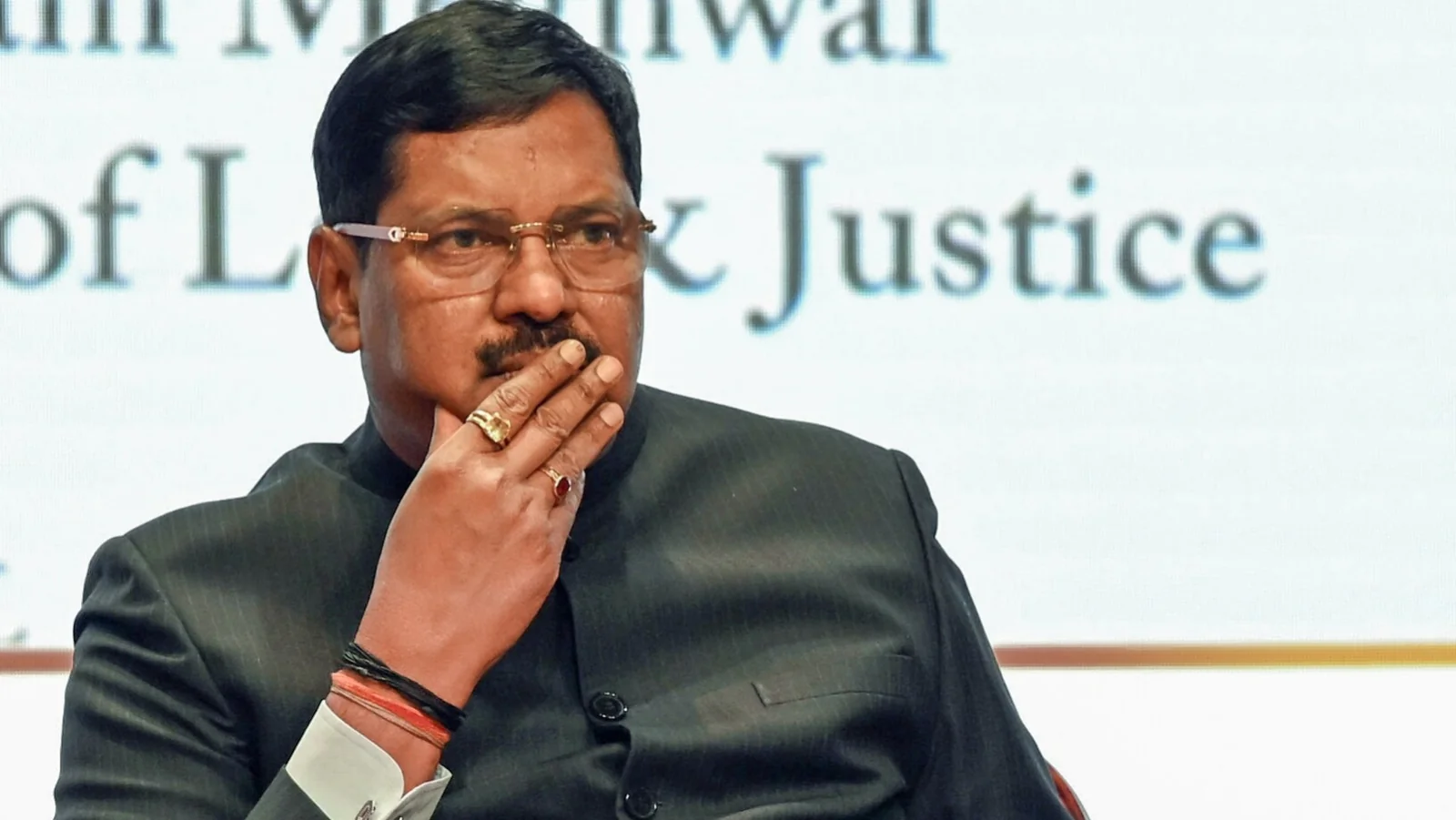
Chief Justice of India (CJI) B.R. Gavai has said that courts have an active and unavoidable role in the constitutional system of administration and play a crucial role in achieving the goals of the Constitution. Speaking on "Courts and Constitutional Governance" as the chief guest at a function organized at the Jigme Singye Wangchuck Law School of the Royal Institute of Management, Bhutan, CJI Gavai asserted that the public's trust is the most precious asset of the judiciary. Courts function effectively only when the people have faith that justice will be delivered without fear or favor.
The CJI stated that the judiciary's most valuable resource is public trust. Courts are not limited to interpreting the Constitution, but also act as arbiters between institutions, protectors of fundamental rights, and safeguards of environmental and social welfare. He emphasized that every decision, whether popular or not, must demonstrate impartiality and moral courage. Gavai stated that the judiciary's influence is not limited to litigants, but is also a vehicle for democratic awareness and constitutional education. According to him, every judicial decision deepens citizens' understanding of their rights, duties, and democratic values.
The CJI also pointed out that the courts have played a crucial role in protecting the interests of vulnerable and marginalized communities through Public Interest Litigation (PIL). He noted that the Supreme Court has broadly interpreted fundamental rights over the past 75 years and has made the Constitution a shield against inequality, arbitrariness, and abuse of power. Citing the 1973 Kesavananda Bharati case, Gavai said that the Basic Structure Doctrine placed limits on Parliament's constitutional amendment power and empowered the judiciary to review amendments. The CJI emphasized the judiciary not only as a dispenser of justice but also as a moral guardian of the Constitution and a teacher of social consciousness. He said that the courts safeguard justice and democracy by holding all actions accountable to constitutional principles.
Want to get your story featured as above? click here!
Want to get your story featured as above? click here!



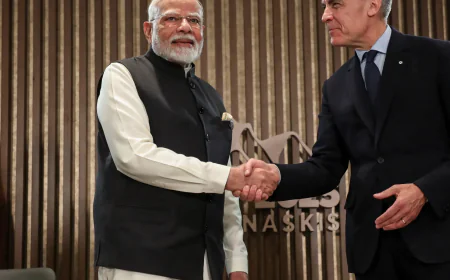










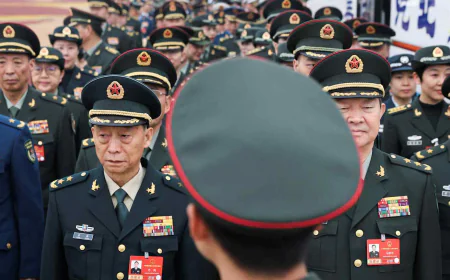

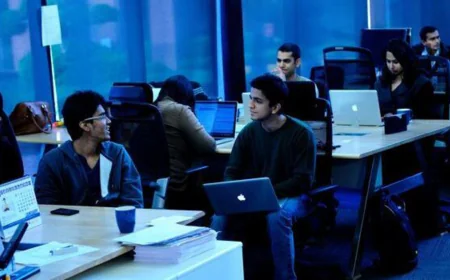
















.jpg)





















.jpg)












